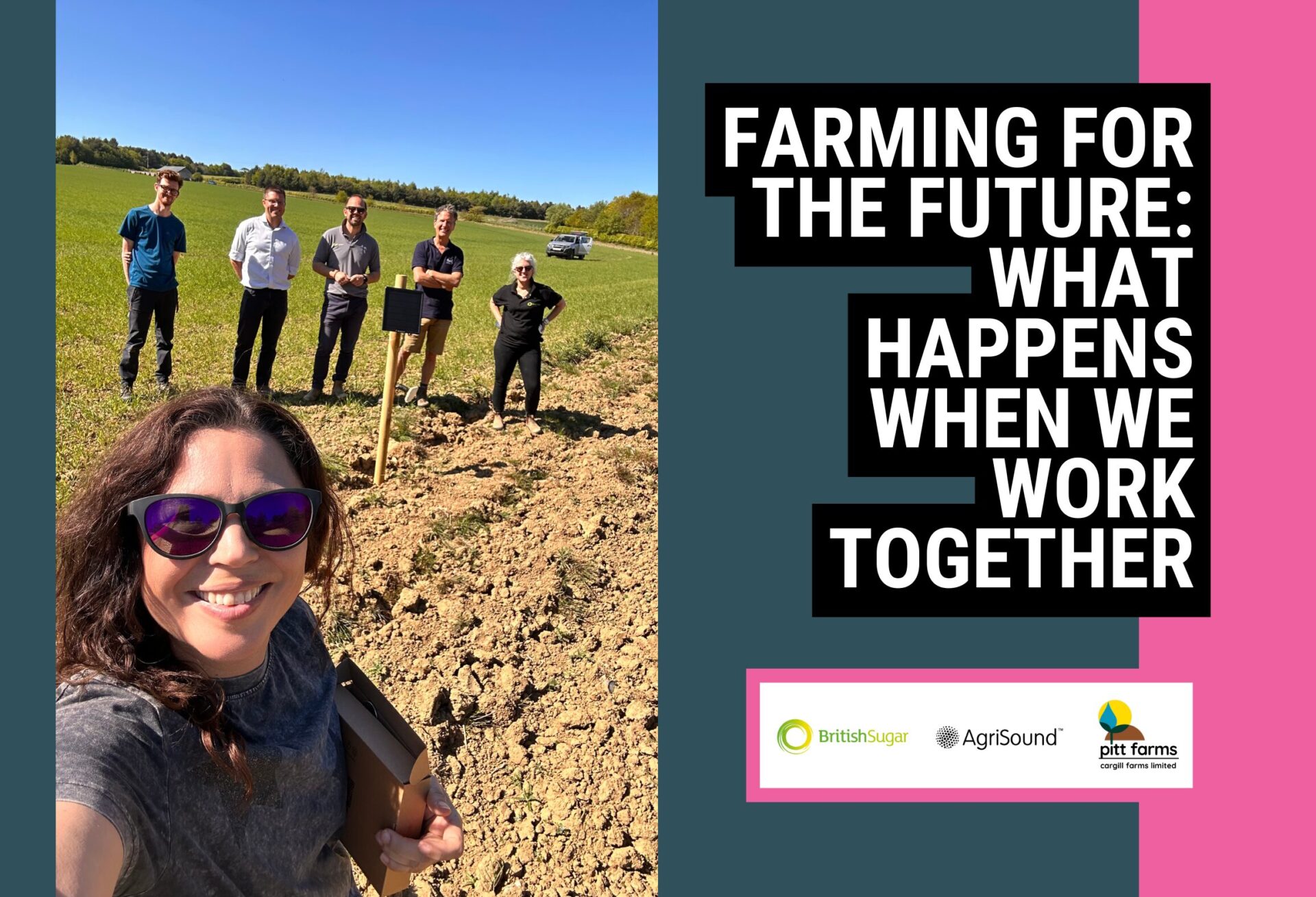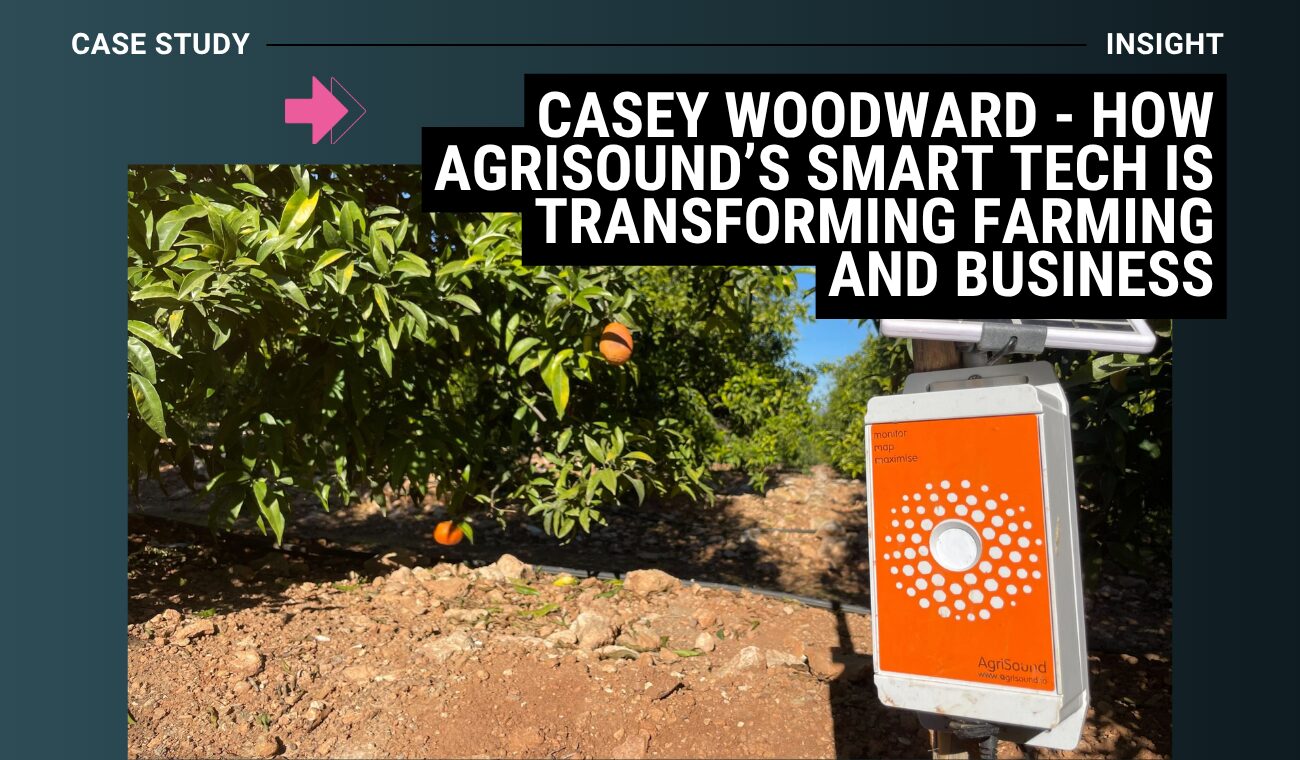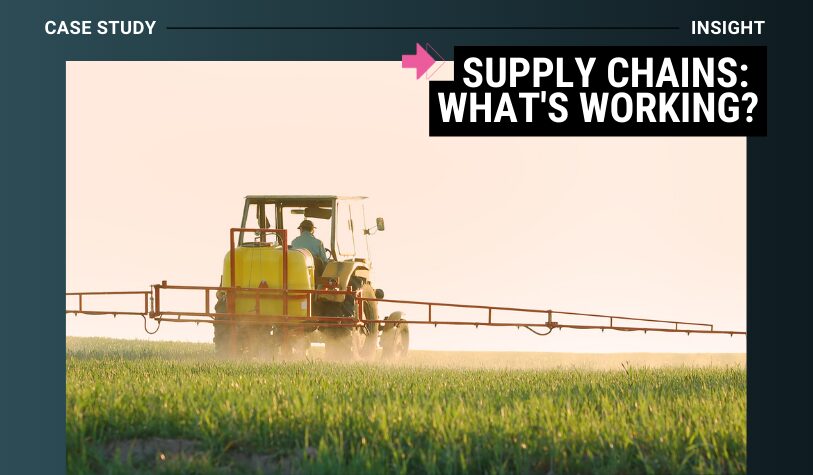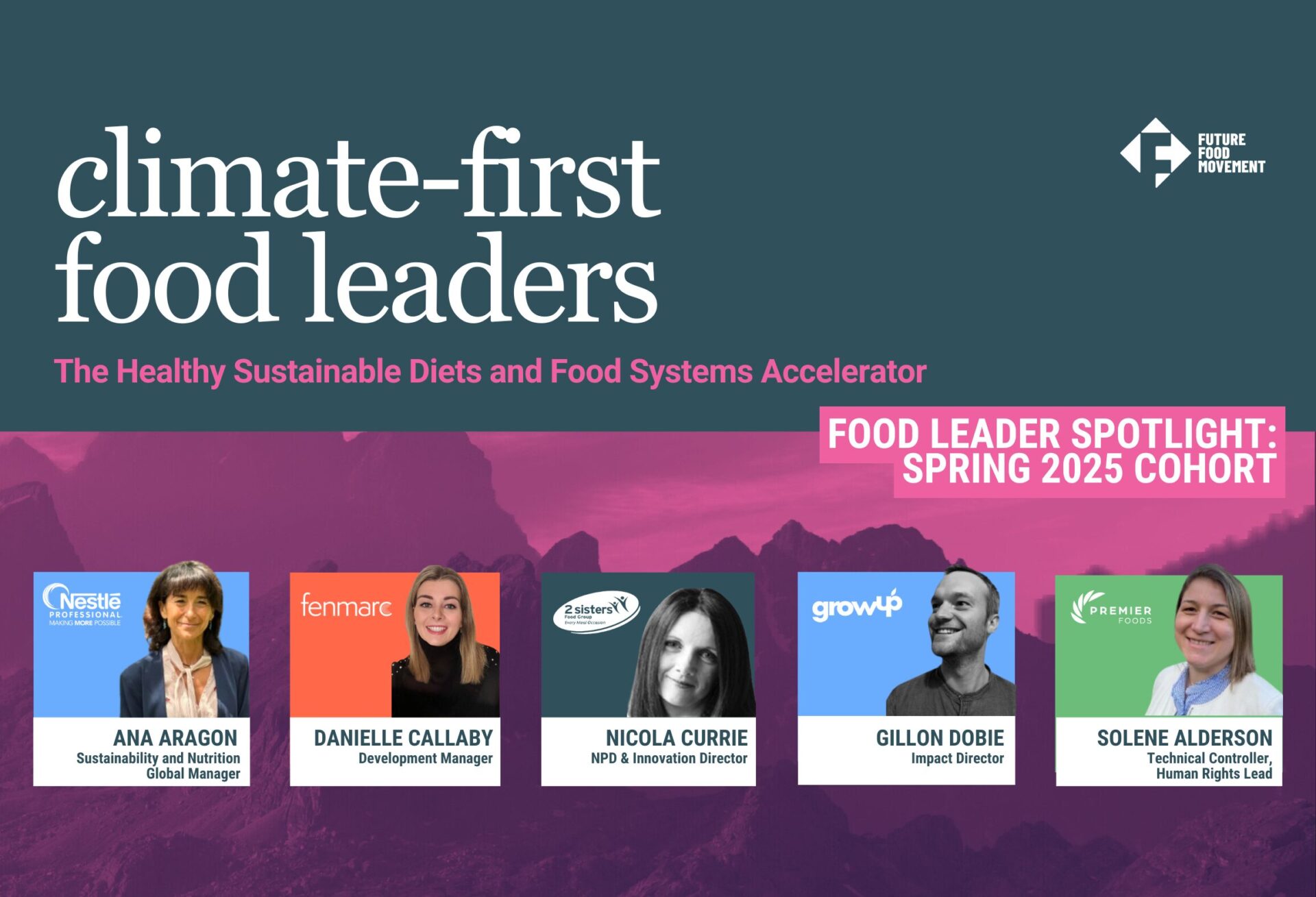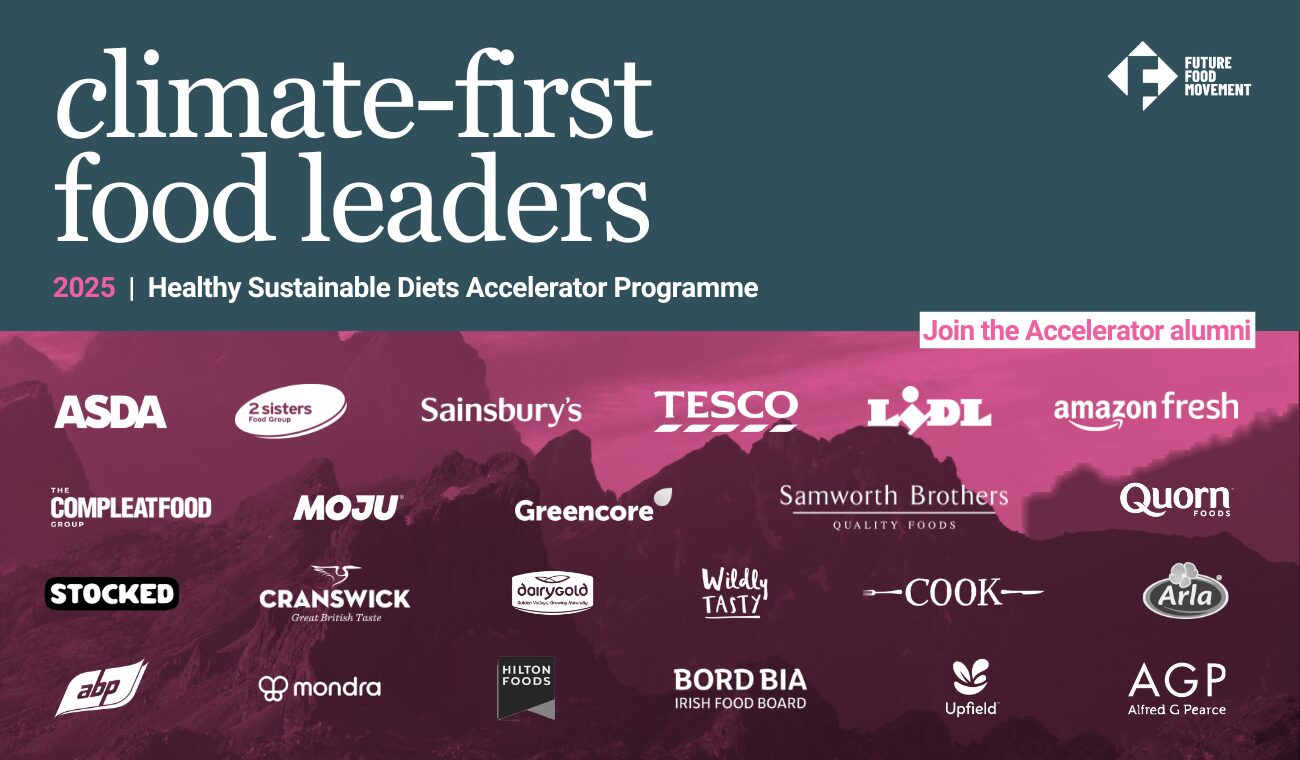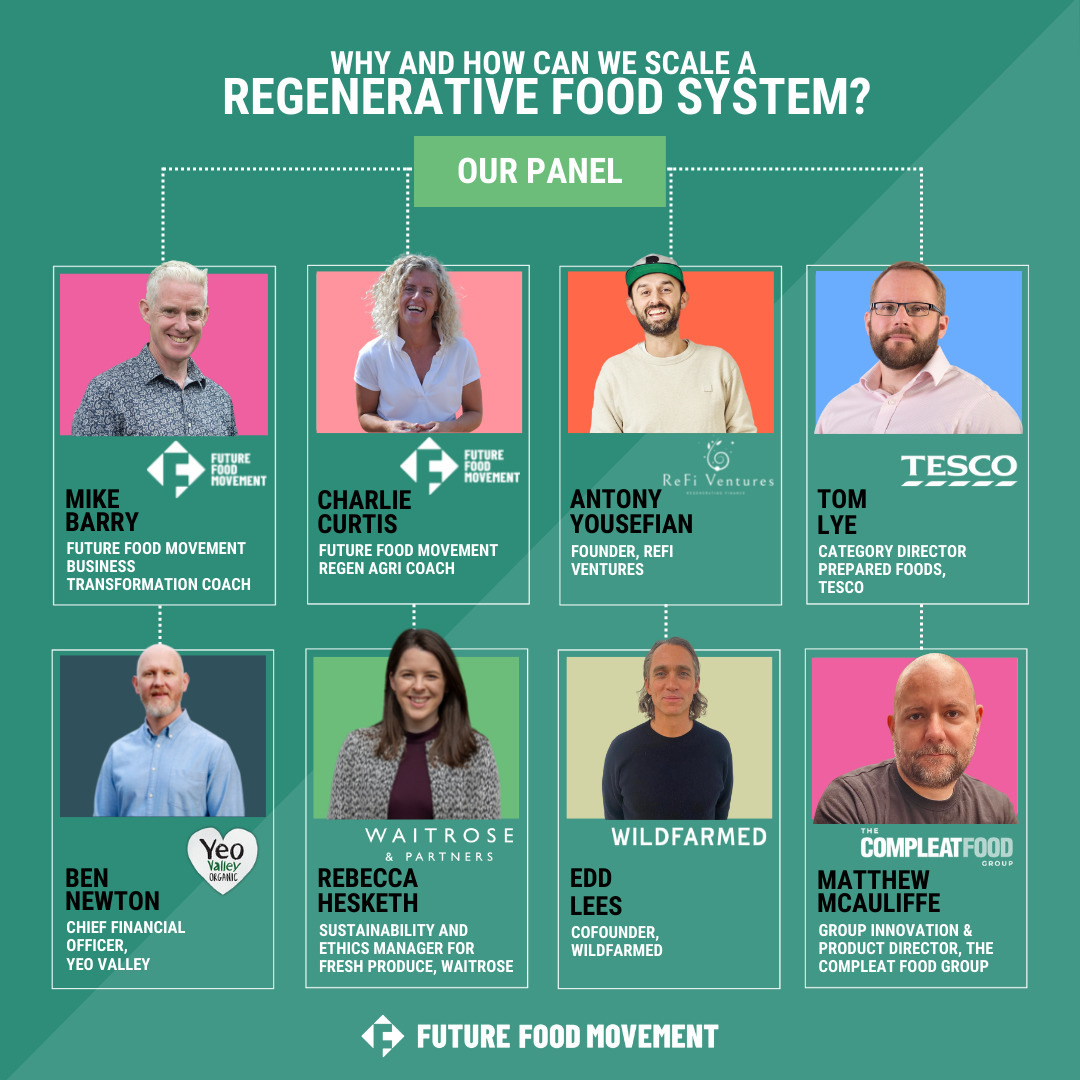
Food accounts for over a third of global greenhouse gas emissions, uses more than 50% of habitable land mass, 70% of global freshwater withdrawals and is responsible for 78% of global ocean and freshwater pollution.
Over 95% of our food originates in the soil – a crucial component to food production and food security. Yet, we are losing this finite resource at a rate of 3 million tonnes per year in the UK alone. Practises such as intensive agriculture, deforestation, soil cultivations, heavy machinery, chemical inputs, wind and rain erode our soils until they are totally degraded. Soil is a living and breathing, complex ecosystem, delivering nutrients to plants, maintaining soil fertility, retaining water and fighting climate change. Did you know that the worlds soils contain 1500 billion tonnes of carbon in the form of organic material which makes soil one of the world’s largest carbon sinks? Or that in one teaspoon of soil lives over 10,000 different species?
Food, therefore, lies at the heart of trying to tackle climate change, reducing water stress and pollution, restoring lands back to forests or grasslands, and protecting the world’s wildlife.
Time is running out to protect our planet and our food supply. Our generation must transition to a form of agriculture that works with and within ecosystems, instead of disturbing and destroying them – the solution? A Regenerative Food System.
Based on cutting-edge science, ancient knowledge and holistic planning, regenerative agriculture is a nature-based solution. It can fight climate change by rebuilding soil organic matter and restoring degraded soil biodiversity, drawing carbon dioxide from the atmosphere, and improving the water cycle. We are also only just starting to make the connection between health soil and healthy humans, which opens up the beginning of consumers understanding and demanding regenerative food.
Regenerative food is proving to be a successful triple win (planet, people, and profit) in pockets of brilliance – the real challenge is how to scale this up – and we believe food and drink businesses in the UK and globally have significant power to change this status quo.
We don’t have 30 years to scale up, we have just 5, so we need commonality of approach and a way of supporting farmers across the value chain, quickly. We need the financial sector to provide capital and invest in innovative, new ways, and we need the entire supply chain to rethink how it produces products alongside upskilling, specific programs, and incentives.
Future Food Movement has assembled a panel of industry leaders across food and farming who have their hands on various levers to explore four areas:
Agri: To get scale and mass support we need to know what to expect, we can’t leave it to happen by chance. What is regenerative agriculture? How can we get to a degree of consistency? Are there key principles to which we can work?
Manufacturing and Retail: How can we organise the value chain to support the farming base? How can manufacturers play their part in sourcing regeneratively? How do we embed a regen mindset into product design?
Investment: Is there a business case for regenerative approaches? How can we ensure a share of investment and equity to scale up?
Consumer demand: How can we get consumers excited and support them in their understanding of how regenerative food is healthier, with a better outcome for themselves and nature?
JOIN THE MOVEMENT TO WATCH AGAIN
You can listen again and access a summary covering the headlines and recommendations for how your business can take action, which is free for all Ally Community Members. This is just the start of this important conversation, make sure you are part of the community to stay involved – if you are not an ally yet, join us here.



